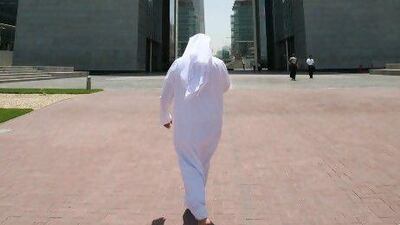What differentiates the best leaders in the Middle East?
At the Dubai Knowledge Village recently, a panel discussed ways of building on research conducted by the Hay Group. It was said that 100 million new jobs are needed in the region by 2020. This means the region will need 20 million new managers and leaders.
Where will they come from?
Organisations need to make leadership creation a board-level priority. Because of the rapid growth of the job market, leadership promotion will happen at an accelerated pace compared with the past 50 years.
The need for 20 million future leaders is complicated by the under-representation of nationals in the private sector.
Not only is it common sense for the management ranks of any business in the GCC to be made up of nationals, it is also economically wise and a path to a more sustainable local business model.
But the predominant style of leadership in this region is what is known as "command and control", according to research by the Hay Group.
And this style is often labelled as coercive, where leaders seek little input from employees directly under them and tend to give a lot of corrective feedback.
While many experts argue that this style needs to change, we also need to be realistic about the style of business conducted here.
A full 90 per cent of the companies here are family businesses, and many employees in the workforce are comfortable with the clarity and strength that comes from an autocratic leadership style in a hierarchical environment.
Instead of fighting this approach, leaders need to be realistic and work to make it the best it can be.
During the panel discussion in Dubai, someone asked whether companies here should import foreign leadership models.
While some strength and rigour comes from foreign leadership models, there is also significant danger, as they are typically designed for global multinational companies that are publicly traded and at a different stage of development.
As companies here grow or shrink and enter different stages of development, the kind of leadership that is required to run them should also change.
Take a look back at General Electric, which had huge success from its leadership when Jack Welch ran the company.
When the business environment in which the company was operating changed, the top brass modified their leadership approach to remain relevant.
But besides changing with the times, how relevant are Mr Welch's particular leadership approaches in this region?
Put another way: what is similar about Ohio, which is a state in the middle of America, and Dubai? Virtually nothing.
Yet, across this region, we continually rely on leadership theories that originated from more than 50 years ago through the Ohio State Leadership Studies.
These studies attempted to identify the behaviours of good leadership. However, they were conducted just after the Second World War, in a cultural environment less diverse than the UAE and in an age when the American workforce was saturated with former members of the military.
Clearly, that's a very different environment from what exists in the GCC today.
Tommy Weir is an authority on fast-growth and emerging-market leadership, and is author of The CEO Shift and the managing director of the Emerging Market Leadership Center

Finding our future leaders
The Life: The Middle East will need some 20 million new managers and leaders by 2020. But where will they come from?
Most popular today
